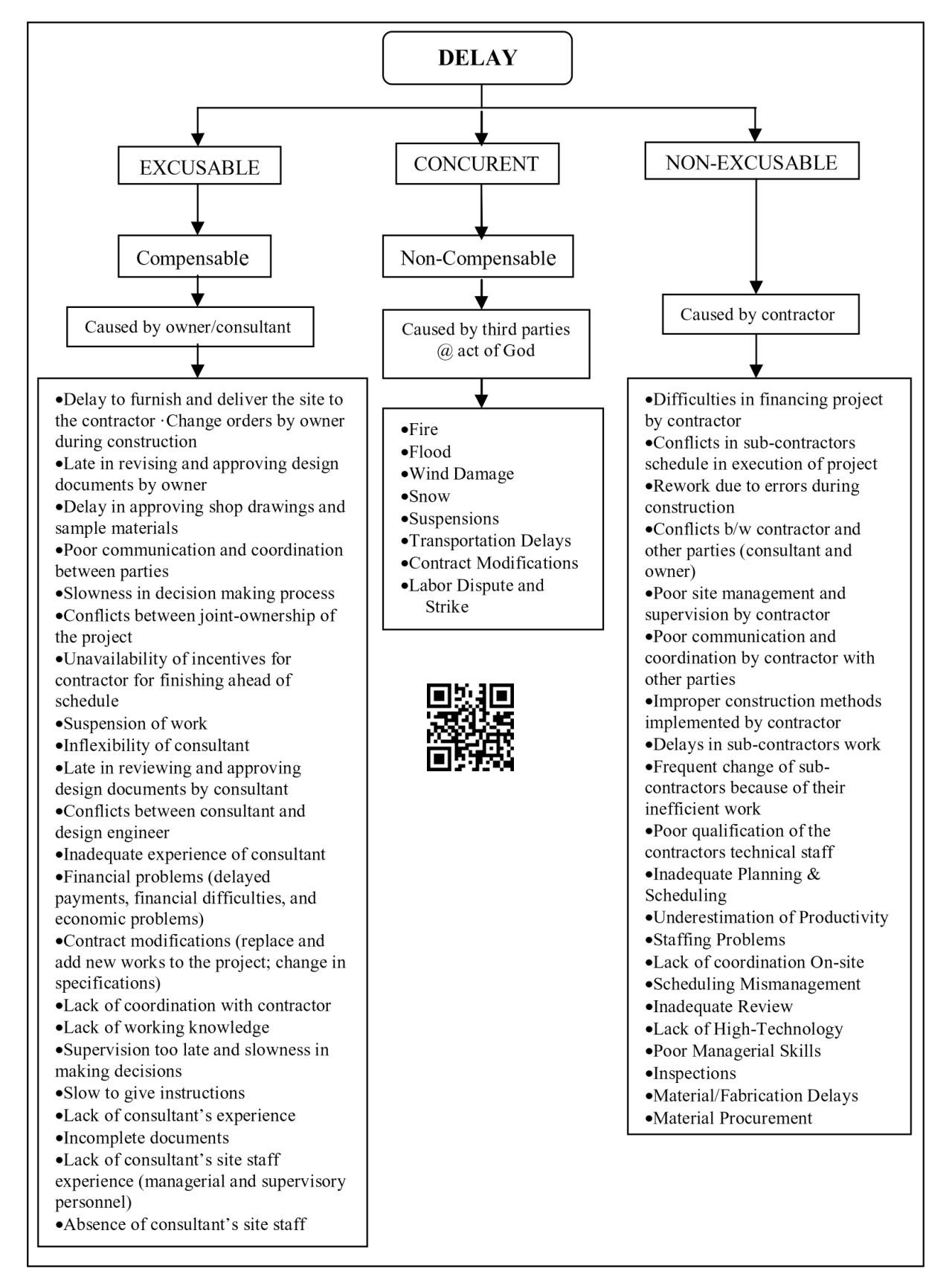Delays in construction projects can arise from a variety of factors, typically falling under the categories of management, technical, external, or financial issues. Here are common causes, with explanations and examples:
1. Poor Planning and Scheduling
- Lack of clear timelines: Unrealistic or poorly defined project schedules.
- Inadequate planning: Miscalculating the time required for certain tasks.
- Examples: Overlapping tasks that depend on each other or missing deadlines due to unclear milestones.
2. Inefficient Resource Allocation
- Material shortages: Delayed procurement of materials or inadequate supplies.
- Labor shortages: Lack of skilled workers or insufficient workforce.
- Examples: Delays in material delivery or unavailability of subcontractors.
3. Financial Issues
- Delayed payments: Issues with cash flow from clients or financiers.
- Cost overruns: Unexpected expenses that strain budgets.
- Examples: Funding interruptions causing work stoppages.
4. Design Errors and Changes
- Design flaws: Errors or omissions in architectural or engineering plans.
- Change orders: Alterations to project scope after work has started.
- Examples: Redesigning due to non-compliance with building codes or changing client preferences.
5. Weather and Natural Disasters
- Adverse weather: Rain, snow, or extreme temperatures affecting work.
- Natural calamities: Earthquakes, floods, or hurricanes.
- Examples: Site flooding that halts construction activities.
6. Permits and Regulatory Delays
- Approval delays: Late issuance of necessary permits or licenses.
- Legal disputes: Challenges with zoning laws or environmental compliance.
- Examples: Delayed inspections or unforeseen regulatory changes.
7. Poor Communication and Coordination
- Stakeholder misalignment: Conflicts between contractors, designers, and owners.
- Lack of updates: Delays in decision-making due to poor information flow.
- Examples: Misunderstanding of project specifications leading to rework.
8. Equipment Failures and Shortages
- Breakdowns: Malfunction of machinery critical to project progress.
- Insufficient equipment: Delays in procuring specialized tools.
- Examples: Crane failures or unavailability of excavators.
9. Labor Disputes and Strikes
- Worker strikes: Protests or disputes over wages and working conditions.
- Union actions: Organized labor disruptions.
- Examples: Construction halted due to unresolved negotiations.
10. Unexpected Site Conditions
- Subsurface issues: Unanticipated soil conditions or hidden utilities.
- Contaminants: Discovery of hazardous materials like asbestos.
- Examples: Need for additional excavation or remediation work.
11. COVID-19 and Global Events
- Pandemic impacts: Health and safety measures slowing progress.
- Supply chain disruptions: Delays in imported materials or components.
- Examples: Worker quarantines or delayed shipments due to port backlogs.
Mitigation Measures
To address delays, project teams can:
- Employ robust project management tools.
- Conduct risk assessments and contingency planning.
- Maintain clear communication and documentation.
- Ensure financial stability and contractual safeguards.
Would you like further information or resources about addressing specific delay factors?



Comments ()